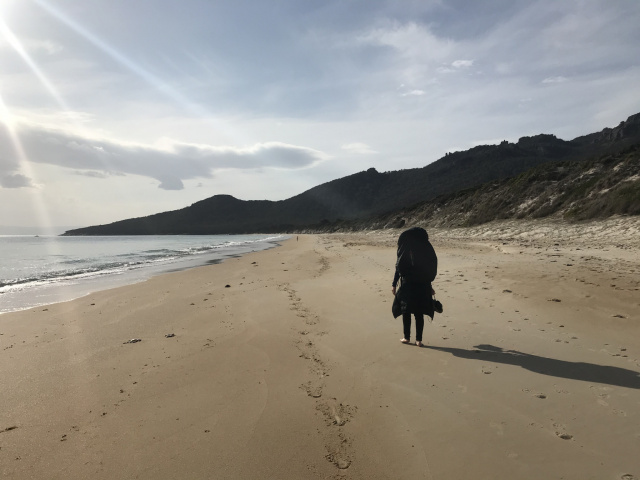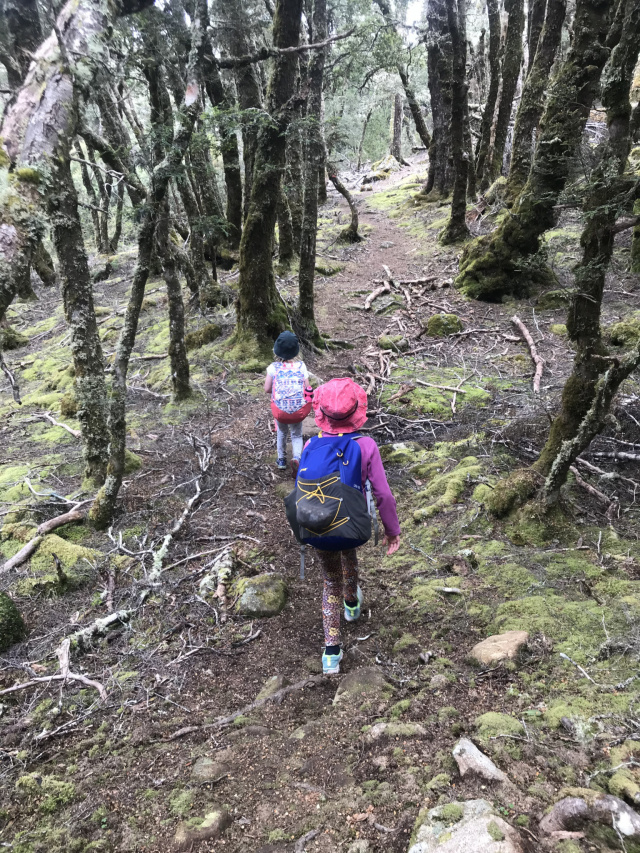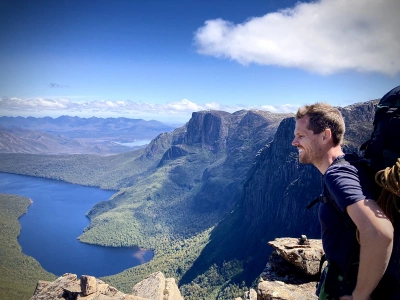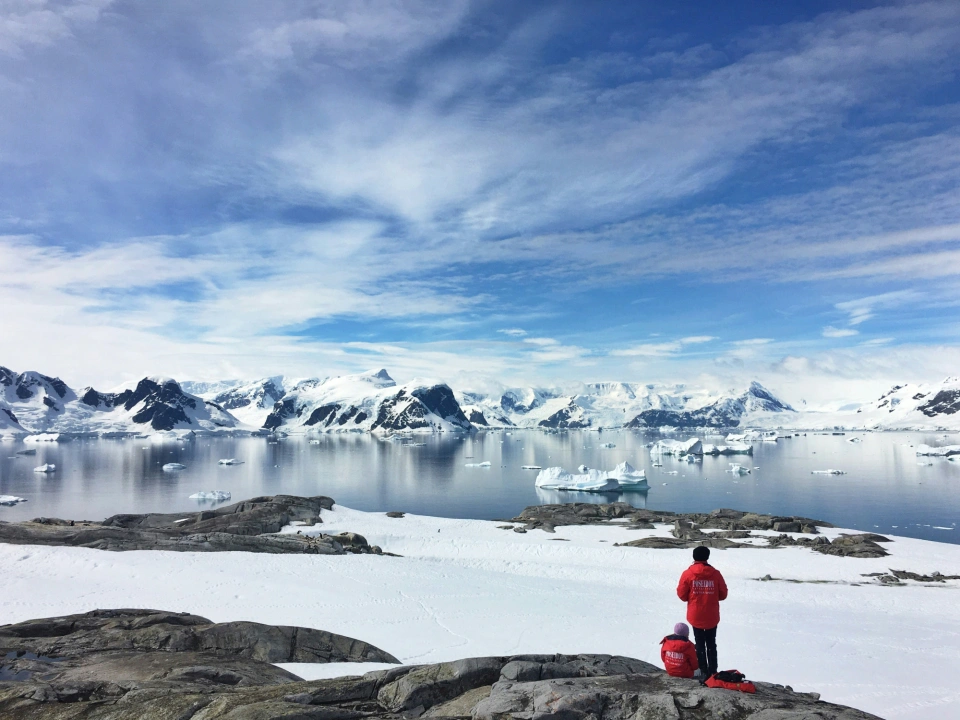Nature prescribing good for health: Review
There are hundreds of peer reviewed studies that demonstrate the physical, social and mental health benefits of contact with the natural world.
The Lancet is a peer-reviewed medical journal, one of the oldest of its kind, and one of the highest impact academic journals globally.
This systematic review, public in April 2023, by experts Nguyen, Astell-Burt, Rahimi-Ardabili and Feng, reviewed 92 unique scientific studies into the benefits of 'Nature prescribing' for human health.
Nature prescribing is gaining popularity within the public health and primary care community as a form of 'social prescribing' in support of public health.
“ ‘As long as this exists,’ I thought, ‘this sunshine and this cloudless sky, and as long as I can enjoy it, how can I be sad?’ ... As long as this exists, and that should be for ever, I know that there will be solace for every sorrow, whatever the circumstances. I firmly believe that nature can bring comfort to all who suffer.” – Anne Frank

The systematic review looked at the evidence on benefits to health from the previously completed research studies.
The systematic review found that:
* nature-based interventions were shown to be effective for various age groups, including children and older people
* nature-based interventions were targeted at a variety of conditions, including musculoskeletal disorders, psychiatric disorders and cardiovascular conditions
* meta-analyses on key outcomes demonstrated benefits to symptoms of depression and anxiety, benefits to blood pressure, and benefits to physical activity levels
* the benefits from nature prescribing were stronger where the interventions were recommended or organised by a health or social professional with an existing relationship to patients
* the nature prescription programs include different nature settings - including urban landscapes such as parks, forests, natural environments, lakes or seas, and farms or gardens
* programs can be tailored to meet the needs of participants, and health professionals, social and community services and workplace programs were all effective ways to introduce people to these programs
The review can be downloaded here
“Everybody needs beauty as well as bread, places to play in and pray in, where nature may heal and give strength to body and soul.” – John Muir


Phill Pullinger
There are hundreds of peer reviewed studies that demonstrate the physical, social and mental health benefits of contact with the natural world.
The Lancet is a peer-reviewed medical journal, one of the oldest of its kind, and one of the highest impact academic journals globally.
This systematic review, public in April 2023, by experts Nguyen, Astell-Burt, Rahimi-Ardabili and Feng, reviewed 92 unique scientific studies into the benefits of 'Nature prescribing' for human health.
Nature prescribing is gaining popularity within the public health and primary care community as a form of 'social prescribing' in support of public health.
“ ‘As long as this exists,’ I thought, ‘this sunshine and this cloudless sky, and as long as I can enjoy it, how can I be sad?’ ... As long as this exists, and that should be for ever, I know that there will be solace for every sorrow, whatever the circumstances. I firmly believe that nature can bring comfort to all who suffer.” – Anne Frank

The systematic review looked at the evidence on benefits to health from the previously completed research studies.
The systematic review found that:
* nature-based interventions were shown to be effective for various age groups, including children and older people
* nature-based interventions were targeted at a variety of conditions, including musculoskeletal disorders, psychiatric disorders and cardiovascular conditions
* meta-analyses on key outcomes demonstrated benefits to symptoms of depression and anxiety, benefits to blood pressure, and benefits to physical activity levels
* the benefits from nature prescribing were stronger where the interventions were recommended or organised by a health or social professional with an existing relationship to patients
* the nature prescription programs include different nature settings - including urban landscapes such as parks, forests, natural environments, lakes or seas, and farms or gardens
* programs can be tailored to meet the needs of participants, and health professionals, social and community services and workplace programs were all effective ways to introduce people to these programs
The review can be downloaded here
“Everybody needs beauty as well as bread, places to play in and pray in, where nature may heal and give strength to body and soul.” – John Muir

You might like...

Contrasting beaches at the Neck

Saving Antarctica

A feral cat free Bruny

Basuranggola: A Recycled Kite Festival
Newsletter
Sign up to keep in touch with articles, updates, events or news from Kuno, your platform for nature
